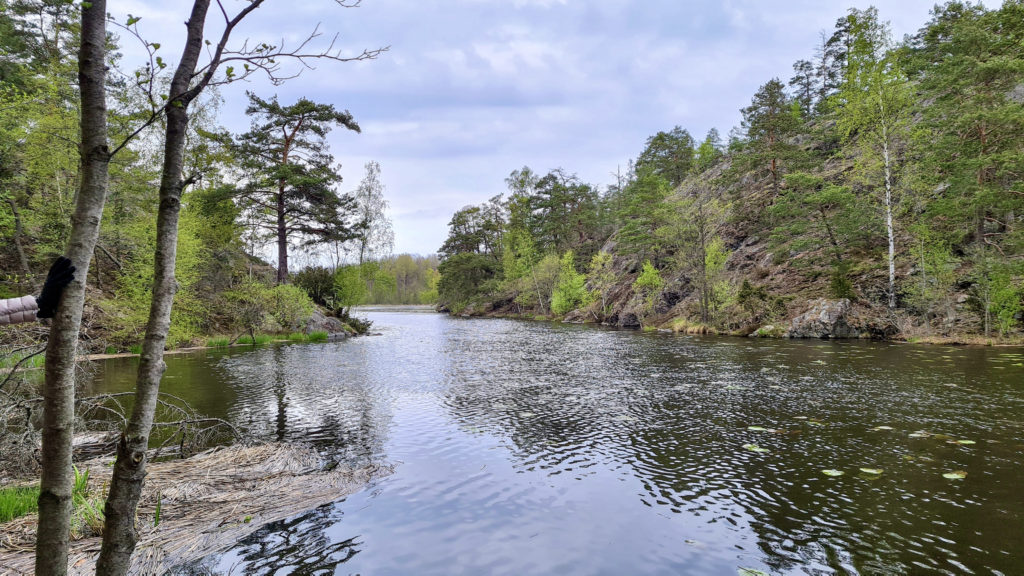Methane and climate change

Dammtorp by Ingemar Pongratz
By Ingemar Pongratz
Recently, the United Nations (UN) environmental programme has released a study regarding Methane and climate change. Methane is a short lived gas that drives climate change. In fact, methane is a stronger driver of climate change compared to for example CO2. The UN Environmental programme states that reducing or even eliminating anthropogenic methane emissions is a key element to reach the climate goals stated in the Paris Agreement.
According to the UN study that main sources of methane emissions are linked to:
- Fossil Fuel production
- Waste management
- Agriculture and food production
Agriculture is responsible for 40% of the anthropogenic methane emission. Waste management accounts for 20% ca and fossil fuel accounts for 35% of the total emissions of methane.
Interestingly, the study points out that reducing methane emission from waste management and fossil fuel production is associated with rather low costs or even negative costs, meaning that methane emission could be used to increase industry revenue. The study points out that reductions can be readily achieved with already available technology. In fact, in the fossil fuel sector, reductions in methane emission are associated with considerable economic gains for fossil fuel producers. These companies could utilize and sell methane which could be used heat production and other purposes.
However, reducing methane emission in the agricultural sector is considerably more difficult. The main source of methane from the agricultural sector is connected to the gut and intestinal health, namely enteric fermentation and manure handling (32% emissions). An additional source is connected to rice production (8% of the emissions).
The UN study highlights that methane emissions should be reduced with around 30% to be able to reach the goals of the Paris Agreement to limit the increase of temperature to 1.5°. Much of this reduction can be achieved in the fuel and waste sector with available technologies. However, reductions in the agricultural sector are more difficult to achieve.
Better animal husbandry is a key element to reduce methane emissions due enteric fermentation. In addition, improved manure management is also a low hanging fruit to reduce methane emissions from the agricultural sector. However, the UN highlights that healthier feed and improved animal conditions are necessary to reduce methane emissions dur to enteric fermentation. New strategies and products that reduce methane productions in livestock (ruminants in particular) are required.
Ingemar Pongratz is a life science entrepreneur active in the agritech sector. Ingemar Pongratz has established Fenix Scientific AB / Pongratz Consulting. In addition, Ingemar Pongratz established Letavis AB. Letavis is a Life Science company that has developed several solutions to improve animal gastrointestinal health. In addition, Letavis has developed strategies that considerably increase plant growth. Our products are based on research and are safe and friendly to the climate. The different Letavis solutions are currently being rolled out to the market. If you are interested in knowing more about Letavis and our products please contact us.

Moon 2021 by Ingemar Pongratz
